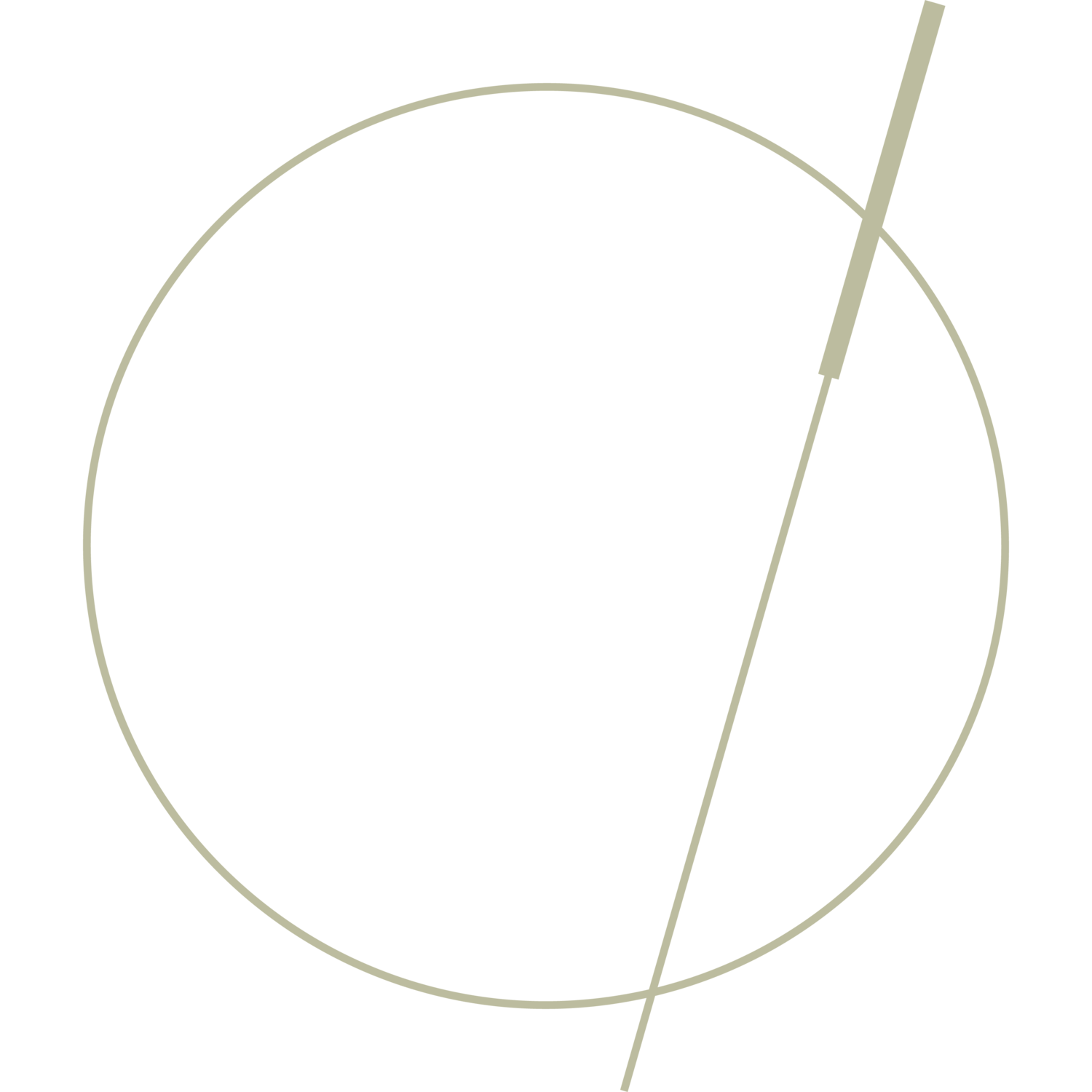Nutrition: Sound Advice
I was interested in nutrition fairly early in my medical career, going so far as refusing to buy cereal for my kids unless they could pronounce all the ingredients listed on the box (they couldn’t) but I didn’t have an expert to learn from.
That all changed in early July 1997…
Aileen Burford-Mason spoke at public hearings held by the College of Physicians and Surgeons of Ontario (CPSO) at which I represented the embryonic Section on Complementary Medicine of the Ontario Medical Association as its Chair. The CPSO was struggling with the issue of allowing medical doctors to use treatments that were “outside the box”.
Of course, acupuncture fell into that space.
When she began her presentation by saying, “As a scientist…” and then gave an impressively articulate pitch that was supportive of what we saw as our cause, I decided that we had to meet this woman.
The rest is history.
Dr. Burford-Mason soon began to impress us with her deep knowledge of nutrition, which is, after all, basically biochemistry. She is a biochemist, cell biologist and her PhD was in immunology.
Biochem, as we called it, was one of the foundational sciences that we studied in first year medicine and then, I think, most of us thought “Luckily, that’s over” and couldn’t wait to get on with learning how to fix sick people, rather than understanding that they might not be sick if their nutrition were better.
Clearly, we did not see biochemistry’s connection to nutrition. It is common knowledge that medical training has not included education in nutrition for decades. After I had realized that nutrition is basically biochem, when doctors said they didn’t learn anything about nutrition in meds school, I would say, “Yes you did, you had a course in biochemistry”. Much to my surprise, one day two docs answered, “No, we didn’t”. The schools that taught problem-based education did not have formal courses in biochemistry.
Long story short, I have been learning from Dr. Burford-Mason for over 23 years, some of it formal education and some pearls of wisdom during many informal discussions.
The OMA Section got ratified in 1999 and we went on to develop a Continuing Education course we called “Nutrition for Docs” that was Dr. Burford-Mason’s outstanding contribution to medical education in Canada. We ran two levels of it as weekend courses for several years, working with the continuing education department at the University of Toronto Faculty of Medicine. Since then it has been presented in other cities across Canada under the auspices of the Canadian Society of Orthomolecular Medicine. The course got rave reviews every time.
The excitement in the lecture rooms and at the breaks during these courses was palpable. The evaluations told the story: “This was the best Continuing Education course I have had in 35 years of practising medicine” as an example. Many doctors attended the same course more than once, such was their hunger to learn and how excited they were with the results in their patients.
Dr. Burford-Mason’s book Eat Well Age Better is basically the Nutrition for Docs course in book form. It is one that everyone should read and take to heart. It was written with a dual audience in mind. It can be understood and appreciated by lay people as well as medical doctors and other health practitioners.
Dr. Burford-Mason published a second book, “The Healthy Brain” and is currently working on a book on the immune system that will be published in early 2021.
